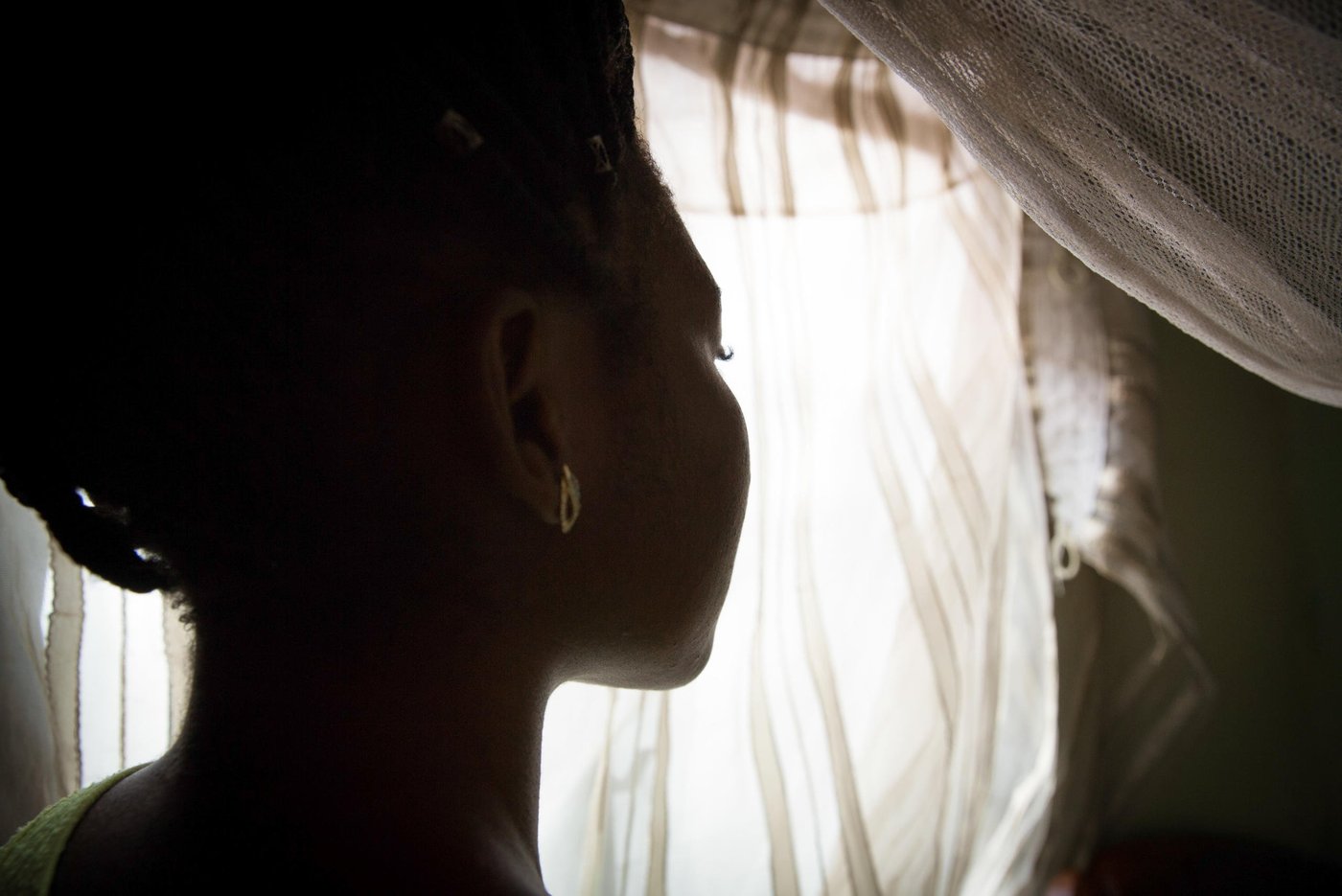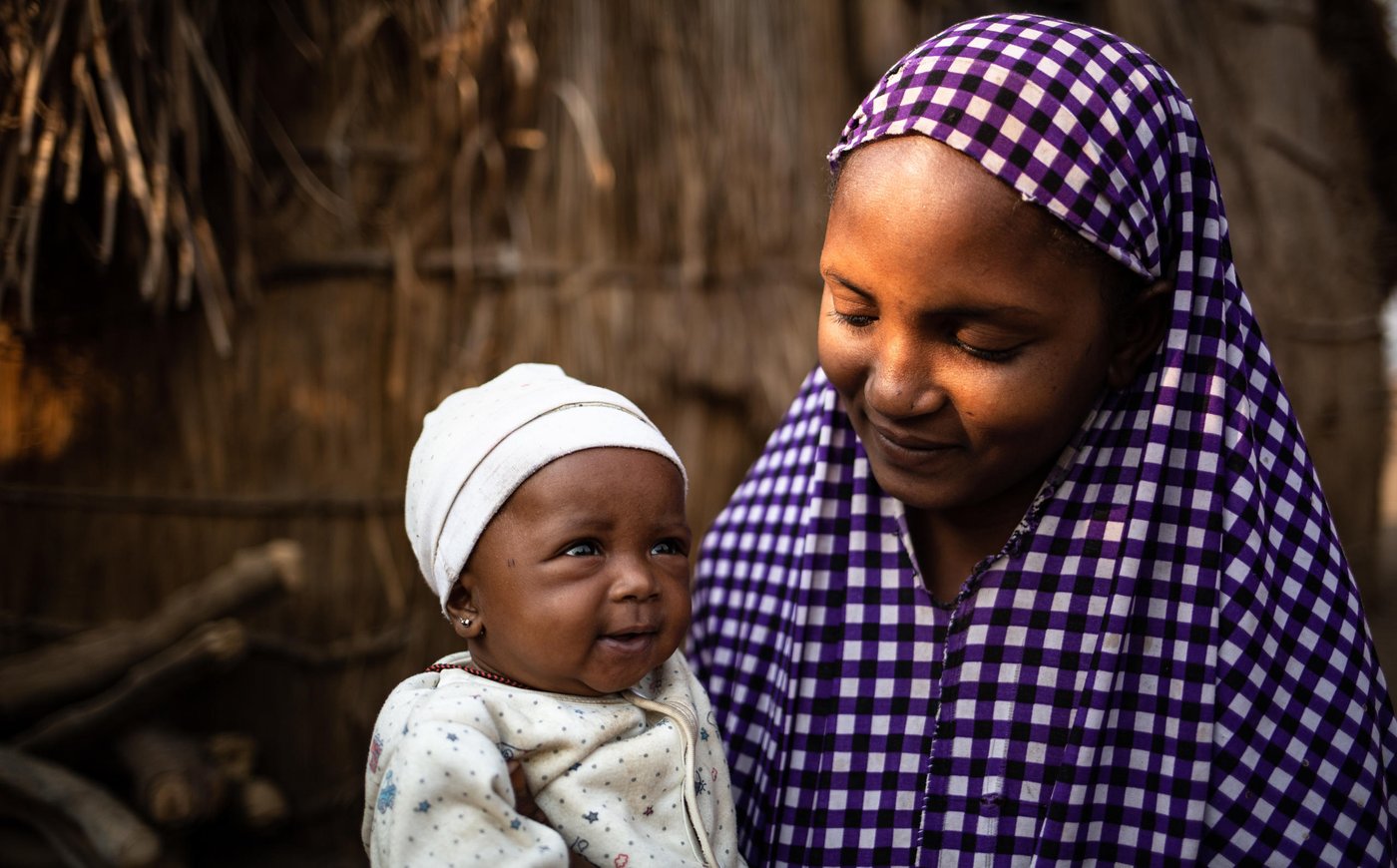Om du inte är direkt drabbad av någon av dessa kriser tippar jag på att du inte vet mycket alls. Det är inte för att du inte bryr dig. Tvärtom! Du är en medkännande person som verkligen bryr dig om människor som har tvingats fly från sina hem. Det var därför du klickade på länken för att läsa den här artikeln. Anledningen till att du inte känner till dessa kriser är att ingen har berättat om dem för dig.
Vad är en omflyttningskris – och varför negligeras en del av dem?
En omflyttningskris uppstår när människor i stora antal ”flyttas om” från sina hem på grund av konflikter, katastrofer eller förföljelse. När det händer mobiliserar hjälporganisationer vanligtvis sina resurser för att hjälpa dem som har hamnat i nöd.
Men trots att humanitär hjälp ska ges utifrån behov, och endast behov, får en del kriser mer uppmärksamhet och stöd än andra. Allt handlar om en ond och komplicerad spiral, och den börjar med politisk vilja.
En del kriser är av mindre geo-politiskt intresse för världsledarna. Kanske inverkar inte de konflikter som orsakar omflyttningarna på säkerheten i de drabbade länderna i någon större utsträckning, och därför saknas motiven till att hjälpa.
Ta Burkina Faso som exempel. År 2018 spillde våldet i norra Mali över till Burkina Faso. Detta tände gnistor av osäkerhet i landet, vilka sedan spred sig vidare och uppslukade stora områden. Civila hamnade i korselden. Svälten ökade dramatisk och krisen i Burkina Faso blev den snabbast växande omflyttningskrisen 2019. Men eftersom majoriteten av dem som flydde inte korsade landets gränser fick krisen mycket lite internationell uppmärksamhet. Burkina Fasos invånare, som har fått se sina liv vändas upp och ner på mycket kort tid, lider i det tysta.
I andra konflikter är situationen den omvända: det finns många aktörer med olika politiska intressen och ingen är villig att kompromissa.
Kriströtthet
Sen finns det konflikter som har pågått en längre tid – så länge faktiskt att allmänheten har tröttnat på att höra om dem och har svårt att tro att något kan göras för att förändra situationen.
Kongo Kinshasa är ett bra exempel på detta. Redan under kolonialtiden presenterades ”Kongo” i populärkulturen som en våldsam plats – exemplifierat av Joseph Conrads klassiska roman från 1899, Mörkrets hjärta.
Nu, när våldet orsakar omfattande svält och omflyttningar i dagens Kongo Kinshasa, rycker omvärlden uppgivet på axlarna. Det finns inget driv för att få slut på krisen och som en konsekvens av den likgiltigheten lider människor svårt.
Slutligen har vi media. Avsaknaden av medial uppmärksamhet kan kopplas till hur mycket politisk uppmärksamhet en kris får. Om en kris ses som irrelevant av det internationella samfundet kommer media att vara mindre benägna att rapportera om den.
Ur syn, ur sinn
Vidare har vi aspekten med avstånd och tillgänglighet. Det är lägre sannolikhet att kriser på platser långt borta rapporteras än att problem utanför vår egen dörr uppmärksammas. Och när det gäller platser som är väldigt farliga och svåra att ta sig till är det ofta inte möjligt för journalister att få tag i den information och det material de behöver för att kunna rapportera om vad som händer.
Så är fallet för Kamerun. Organisationen Reportrar utan gränser, som arbetar för större yttrandefrihet, rankar landet som det 135:e av 180 länder i sin World Press Freedom Index (Världspressens frihetsindex). De rapporterar om frekventa häktningar av, och åtal mot, journalister. De rapporterar också om att internet ofta stängs av i vissa delar av landet. Få internationella journalister lyckas få tillgång till konfliktområdena.

Men till slut är det upp till dig
Mediamaskineriet framställer innehåll som de tror att du vill läsa. I sunda demokratier svarar politiker när deras väljare är upprörda och kräver handling.
Så, ju mer du ser, hör och vet om dessa negligerade kriser, desto mer kommer politiker och media att sluta se förbi dem. Och det betyder i sin tur att fler människor känner till dem och därför bryr sig om dem. Vi måste bli upprörda över att miljontals människors lidande tillåts passera obemärkt förbi.
En och en kan vi inte göra mycket. Men tillsammans kan vi bryta spiralen av negligering.
NRC Flyktinghjälpen kommer inte att ignorera dessa kriser. Vi gensvarar på de mest negligerade kriserna i världen och hjälper människor i akut nöd.


